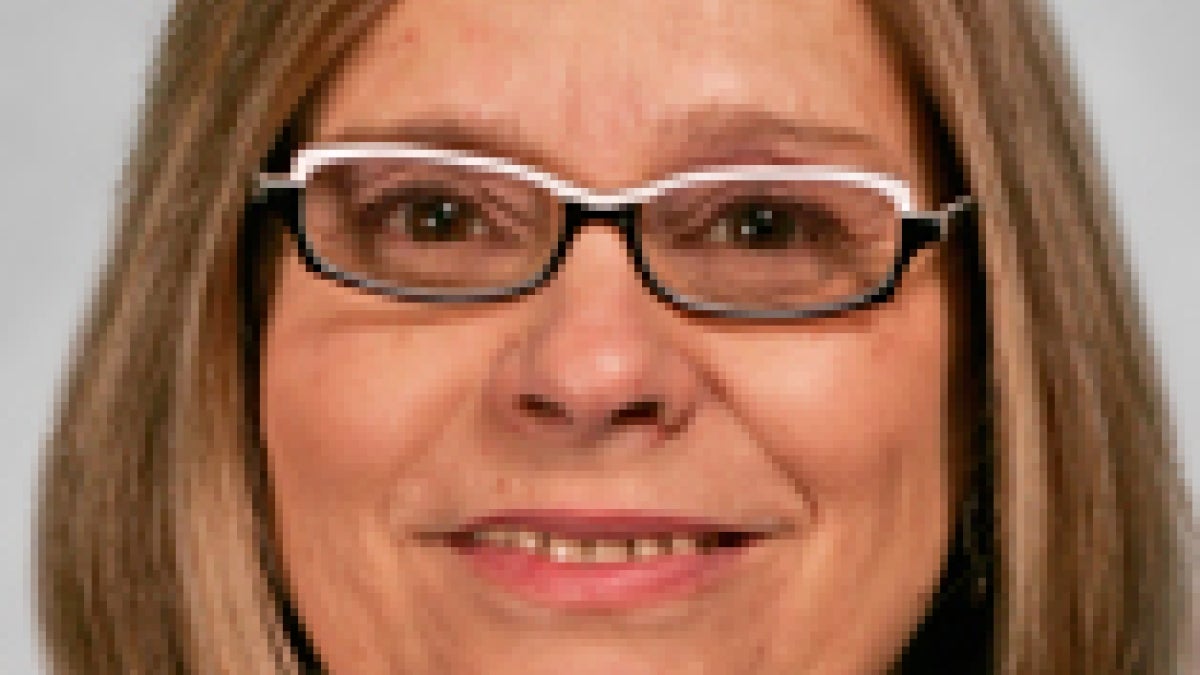Professor receives top science education honor

ASU's Dale Baker has been named recipient of the most prestigious award in the field of science education from the National Association for Research in Science Teaching. A professor in the Mary Lou Fulton Teachers College, Baker has contributed more than 30 years of research examining equity issues in science, science teacher professional development and engineering education.
Baker will travel to Puerto Rico in April to accept the 2013 Distinguished Contributions to Science Education through Research Award from the 85-year-old global organization.
“Professor Baker is an exemplar of a College of Education faculty whose impact on schools is not only through her research but also through teaching future teachers and mentoring of future researchers,” said Mari Koerner, dean of Teachers College.
Baker’s inspiration to study barriers to girls and women in science began with her own frustrations in the late 1960s. Typically, she was the only female in her university science classes and had to endure many negative experiences as a result.
“I had a geology lab in college where I was one of two women, and the other one dropped the class,” Baker said. “None of the males would let me join their lab group, so I had to do the lab alone. Even the instructor told me maybe I should quit coming to class and get married instead.”
Baker persisted, however, and pursued a career in science education. Teaching science to K-12 students, she observed that her students “loved science” when they were taught differently – using hands-on activities to help them learn. That realization sent her back to graduate school to pursue advanced degrees and research creative ways to engage students in learning science in the classroom.
In 1995 Baker co-authored a study, “Letting Girls Speak Out About Science,” which looked at the factors influencing girls to choose science. The researchers interviewed 40 girls in grades two, five, eight and 11, and focused on their feelings about science, science careers, support from friends and parents and how science is taught. It was a watershed moment in how people looked at the issue, Baker explained.
“Up to that point, studies about women in science had always compared women to men,” she said. “It was like the song in ‘My Fair Lady’: Why can’t a woman be more like a man? The data was confusing. So I decided to just look at what the girls had to say.”
One of the questions in Baker’s study asked each girl to respond as if she were a boy to see if she would change her answer. Instead, the girls remained strong in their belief that women can and should do science, she said.
“The reasons they liked science were different than those for boys,” Baker said. “The girls had strong, positive emotional experiences that drew them to science. For example, one talked about how when she was little her grandfather wrapped her in a blanket and they sat out on the deck looking at stars and naming constellations. Another said her mother would be proud if she studied science. They weren’t boys.”
The study was selected by the Journal of Research in Science Teaching, the lead journal in science education, for its issue featuring the most influential research in the past 40 years of the publication. Baker has been co-editor of JRST and also serves on editorial boards of the International Journal of Learning Technology and the Journal of Engineering Education.
More recently, Baker has expanded her research on equity issues in science education to include students with physical disabilities. She is investigating the current state of assistive technology used in Arizona’s high school science classrooms for students with physical disabilities (visual, hearing and orthopedic disability) and determining future needs. The data will be used to help plan professional development programs for both pre-service and in-service teachers, she explained.
“This is a new frontier,” Baker said. “As with women, people with physical disabilities can make a new and different contribution to science based on their perspective. They can make wonderful discoveries based on how they see the world because they ask different questions.”
Championing equity in science education also has meant encouraging the research community to recognize its value, Baker said. In the 1980s, Baker and several female colleagues first approached the National Association for Research in Science Teaching about adding a research strand that would focus on equity issues.
“We actually got push back,” she said. “But over time they added a special interest group and then a strand with a focus on women. Then that was expanded to include equity writ large in science with a strand devoted entirely to cultural, social and gender issues.”
Speaking about the association, Baker said she is honored and overwhelmed to be recognized by her colleagues.
“This organization has been my professional home,” she said. “It’s where I learned to be a professor. For me, this award confirms that I was able to make a contribution that made a difference.”